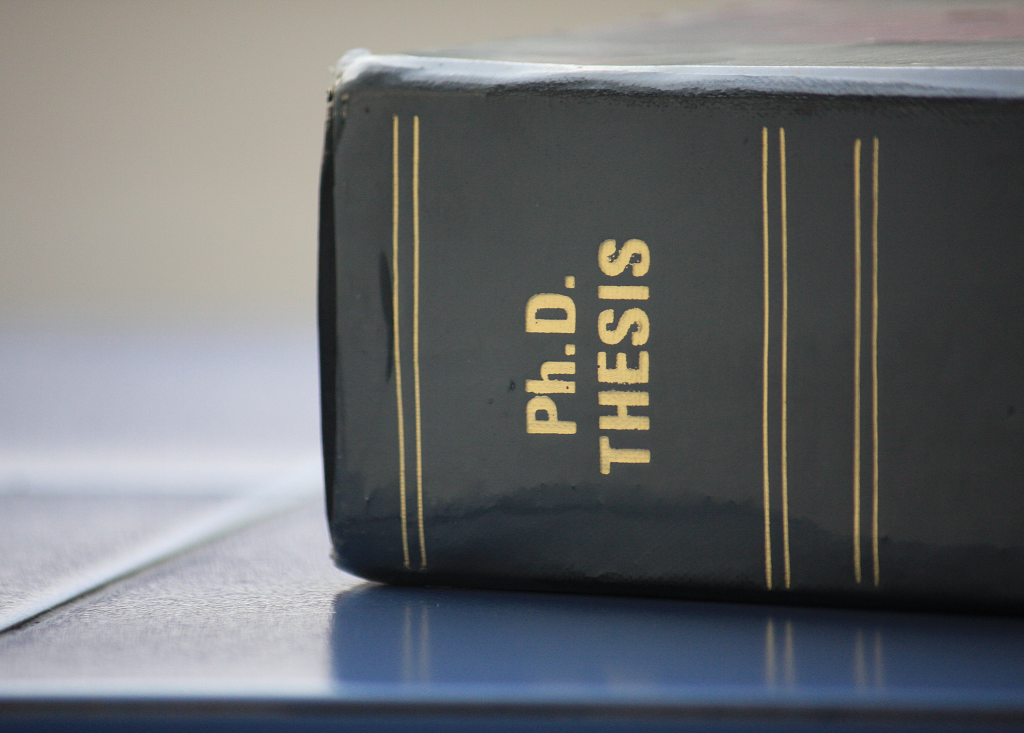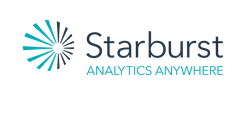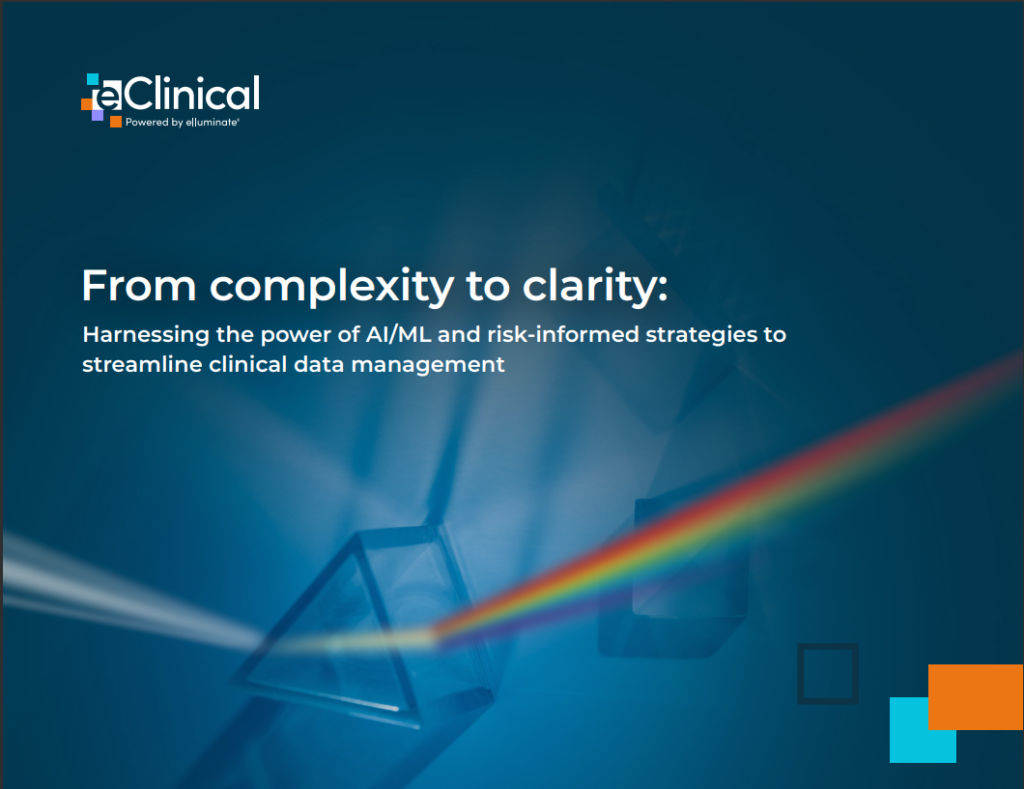Quantinuum, a leading integrated quantum computing company has published full details of their complete Quantum Monte Carlo Integration (QMCI) engine. QMCI applies to problems that have no analytic solution, such as pricing financial derivatives or simulating the results of high-energy particle physics experiments and promises computational advances across business, energy, supply chain logistics and other sectors.
Research Highlights: Unveiling the First Fully Integrated and Complete Quantum Monte Carlo Integration Engine
UVA Researchers Built an AI Algorithm That Understands Physics
Normally, when testing the behavior of materials under high heat or explosive conditions, researchers have to run simulation after simulation, a data-intensive process that can take days even on a supercomputer. However, with a deep learning algorithm created by Stephen Baek, Phong Nguyen and their research team, the process takes less than a second on a laptop.
Top Data Science Ph.D. Dissertations (2019-2020)
The American Mathematical Society (AMS) recently published in its Notices monthly journal a long list of all the doctoral degrees conferred from July 1, 2019 to June 30, 2020 for mathematics and statistics. The degrees come from 242 departments in 186 universities in the U.S. I enjoy keeping a pulse on the research realm for my field, so I went through the entire published list and picked out 48 dissertations that have high relevance to data science, machine learning, AI and deep learning. The list below is organized alphabetically by state.
ICLR 2023 Paper Award Winners
The International Conference on Learning Representations (ICLR), the premier gathering of professionals dedicated to the advancement of the many branches of artificial intelligence (AI) and deep learning—announced 4 award-winning papers, and 5 honorable mention paper winners.
Chung-Ang University Researchers Develop Algorithm for Optimal Decision Making under Heavy-tailed Noisy Rewards
Researchers from South Korean Chung-Ang University propose methods that theoretically guarantee minimal loss for worst case scenarios with minimal prior information for heavy-tailed reward distributions.
AI Under the Hood: Mixing Things Up – Optimizing Fluid Mixing with Machine Learning
Fluid mixing is an important part of several industrial processes and chemical reactions. However, the process often relies on trial-and-error-based experiments instead of mathematical optimization. While turbulent mixing is effective, it cannot always be sustained and can damage the materials involved. To address this issue, researchers from Japan (Tokyo University of Science) have now proposed an optimization approach to fluid mixing for laminar flows using machine learning, which can be extended to turbulent mixing as well.
Research Highlights: Interactive continual learning for robots: a neuromorphicapproach
In this regular column we take a look at highlights for breaking research topics of the day in the areas of big data, data science, machine learning, AI and deep learning. For data scientists, it’s important to keep connected with the research arm of the field in order to understand where the technology is headed. Enjoy!
Climate Change is an Existential Threat, and Businesses Need Data to Fight It
In this contributed article, Or Lenchner, CEO, Bright Data, examines how public web data collection is essential to ESG efforts in 2022. The recent International Panel on Climate Change report warned that we aren’t doing enough to avoid the dire impacts of climate change – businesses must use every tool at their disposal to support the fight against climate change, especially quality data.
Franz’s Allegro CL® Used for Scheduling the Hubble Space Telescope Discovery of Earendel
Franz Inc., an early innovator in Artificial Intelligence (AI) and leading supplier of Graph Database technology for Entity-Event Knowledge Graph Solutions, announced that its Allegro CL (Allegro Common Lisp) dynamic object-oriented development system used by the Space Telescope Science Institute to develop the SPIKE Hubble Space Telescope observation scheduler has aided in the discovery of “Earendel,” the farthest star ever seen in the universe.
State of Data Report Emphasizes Emerging Shift to a Decentralized Model
New market research commissioned by Starburst and Red Hat uncovers that 55% of organizations claim the pandemic has made data access more critical, a slight increase from the 2021 study. As a result, enterprises plan to prioritize multi-cloud flexibility and ease of use when it comes to selecting data infrastructure solutions. The second annual report, “The State of Data and What’s Next,” conducted by independent research firm Enterprise Management Associates (EMA), found that the shift to quick and flexible deployments is imperative for driving the business functions and insights required to deliver valuable customer experiences in today’s fast-paced, distributed environment.













